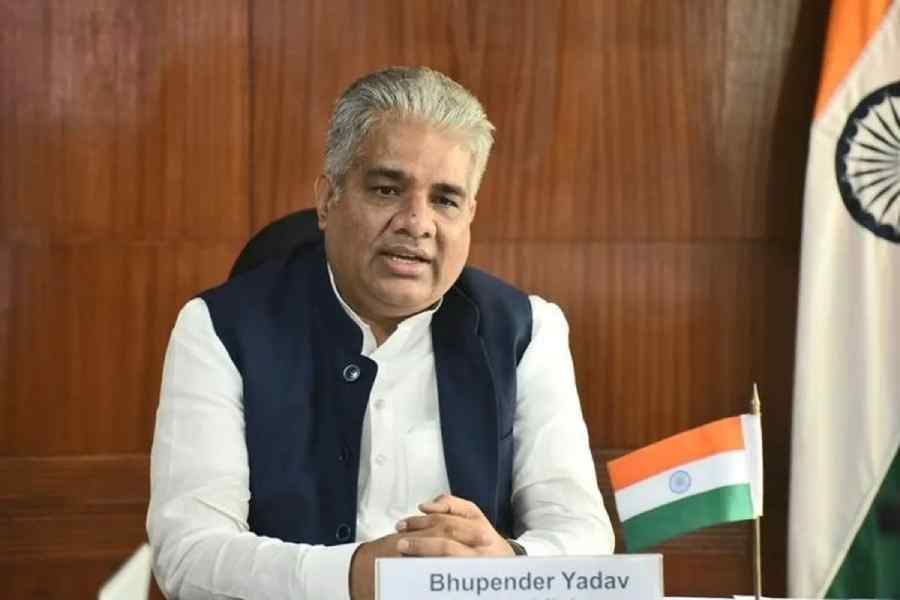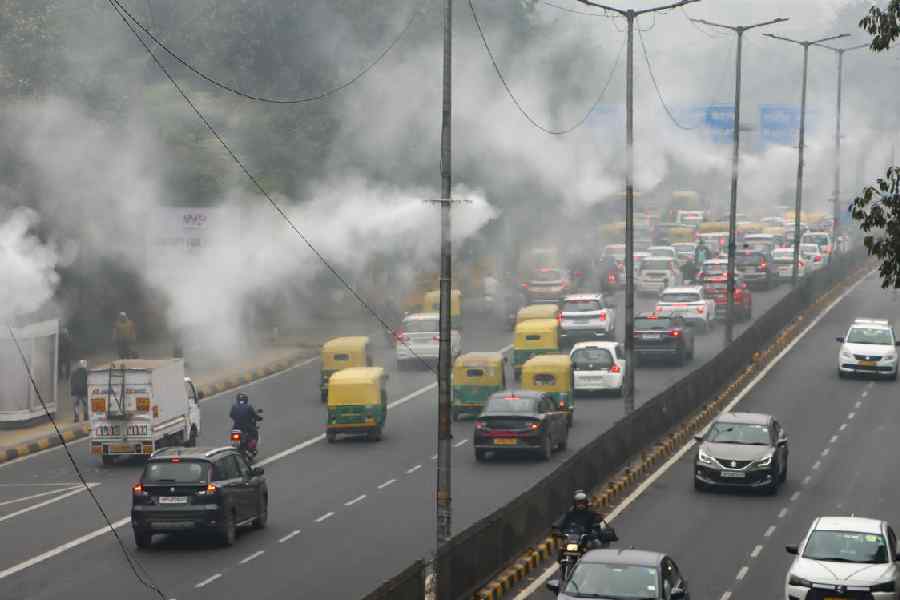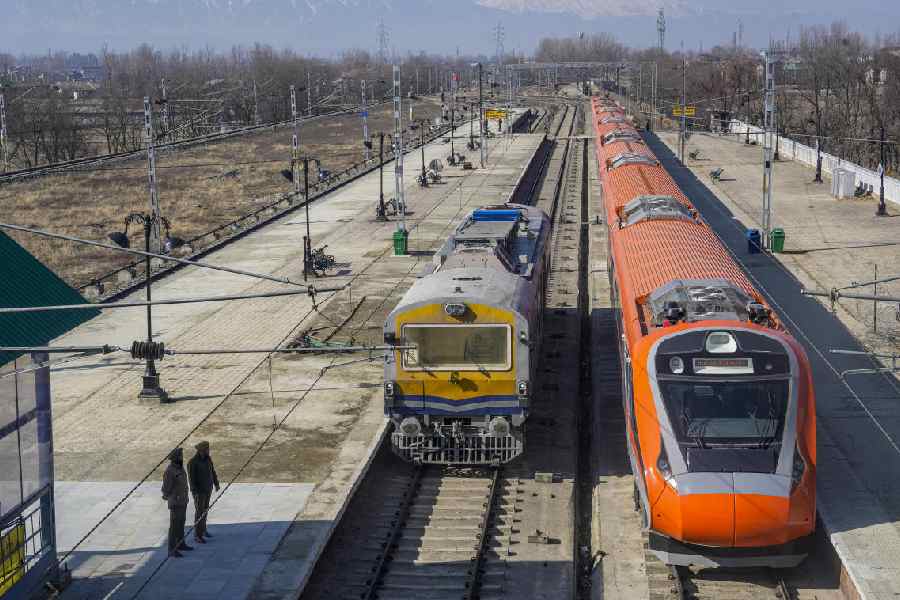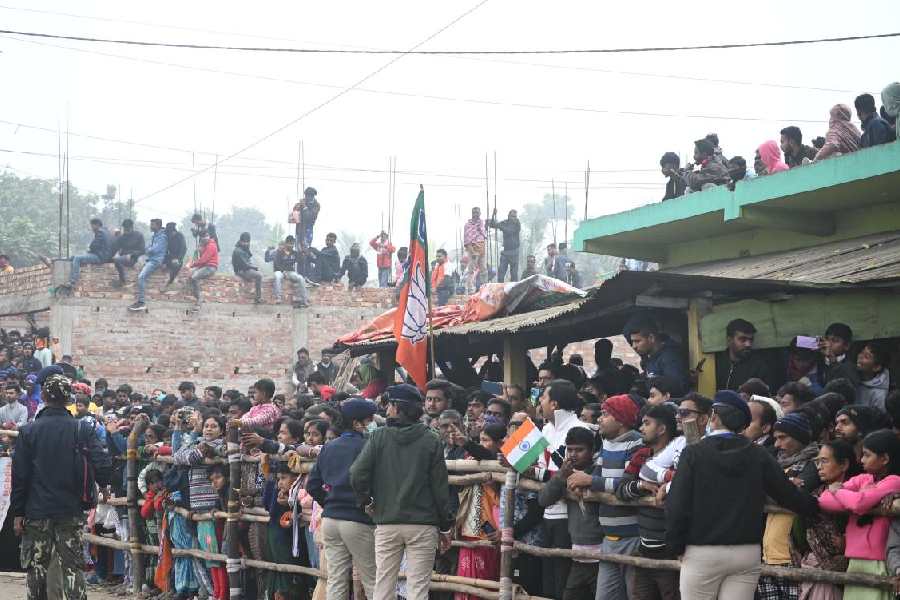Calcutta, June 6: The Centre today sent back with questions a bill passed in haste by the Mamata Banerjee government to contain the fallout of the Saradha scandal.
The bill seeks to crack down on companies mobilising deposits illegally but the Centre has raised questions about a retrospective clause. The Telegraph had reported on April 28 that the bill could face legal challenges because of the retrospective clause.
Passed in the Assembly on April 30, the West Bengal Protection of Interest of Depositors in Financial Establishments Bill was sent to Delhi for presidential assent — a requirement for an act involving financial matters to become a law.
Chief minister Mamata Banerjee, who had blamed the absence of a law for the mushrooming of sham companies such as Saradha in Bengal, was hoping for rapid presidential assent. Trinamul, facing allegations that some of its leaders were closely associated with deposit mobilisation companies, would have held aloft the new law as a sign of its commitment to crack down on such firms.
But state government officials said the Union home ministry had returned the bill to governor M.K. Narayanan today.
“We expect to get the bill from Raj Bhavan by tomorrow morning. But we have come to know that the home ministry has raised questions over the state’s attempt to implement the bill with retrospective effect,” said a senior official at Writers’.
Another official said after law minister Chandrima Bhattacharya held a meeting this evening: “We are yet to decide on how to respond. It appears we have to redraft the bill and place it in the Assembly before sending it for presidential assent again.”
The state government had inserted a provision (Section 22-2) in the bill keeping options open on confiscating properties of companies that had committed the “crime” before the law came into force. The apparent objective was to confiscate the assets of Saradha and repay those affected.
“But any law that has penal provisions cannot be implemented with retrospective effect. The home ministry has raised questions over this provision,” said an official.
The state had contended that penal provisions were not being implemented with retrospective effect but the government was being authorised to confiscate the assets of companies that had committed the crime before the new act came into force.
“But the home ministry has pointed out that if a company’s property has to be confiscated, it has to be held guilty first. Thus, the penal provision was also being given retrospective effect in the new act. It is now clear that an activity cannot be made cognisable retrospectively,” said an official.
Senior officials felt that the state could have avoided the embarrassment had it taken the initiative to secure presidential nod for the West Bengal Protection of Interests of Depositors in Financial Institutions Bill, 2009, which was passed in the Assembly when the Left Front government was in power.











